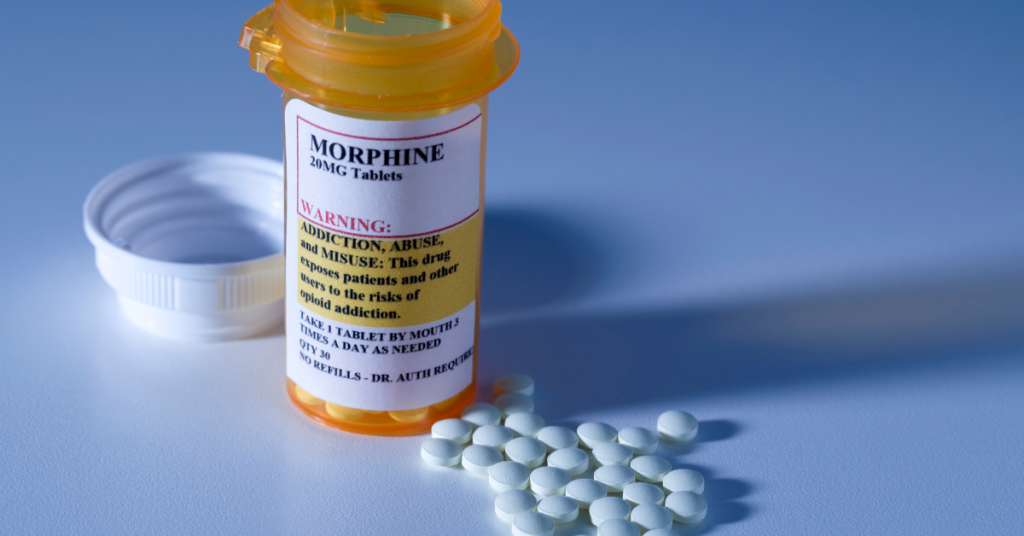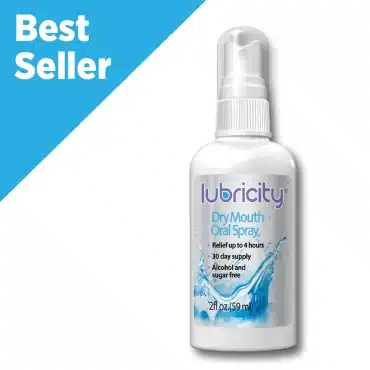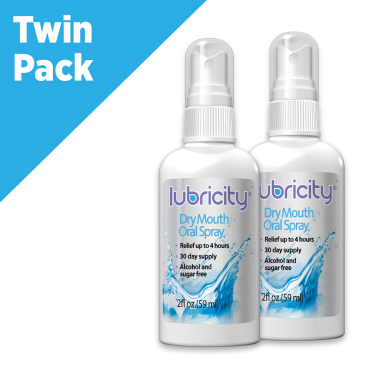Morphine is a powerful opioid pain medication that has been used for centuries to treat moderate to severe pain. It works by binding to opioid receptors in the brain and spinal cord, reducing the perception of pain. However, morphine can also cause several side effects, including dry mouth. In this article, we’ll explore the connection between morphine and dry mouth and look at why it happens and what can be done to manage it.
What is Dry Mouth?
Dry mouth, also known as xerostomia, refers to a lack of saliva in the mouth. Saliva plays an important role in protecting and lubricating the soft tissues in the mouth. It washes away food debris, protects against cavities, and aids in chewing, tasting, and swallowing food. When saliva production is reduced, you may experience symptoms like:
- Thick, sticky saliva
- Cracked lips
- Mouth sores
- Difficulty chewing, swallowing, or speaking
- Burning sensation in the mouth
- Bad breath
A dry mouth becomes a problem when the salivary glands don’t produce enough saliva to keep the mouth wet. It can be caused by certain medications, medical conditions, aging, or damaged salivary glands. Left untreated, dry mouth can increase the risk of tooth decay, or gingivitis, and infections in the mouth.
Why Morphine Causes Dry Mouth
Morphine directly causes dry mouth through its effects on the brain and nervous system. Here’s how it happens:
- Inhibits saliva production: Morphine acts on the brain to inhibit the secretion of saliva from salivary glands. It binds to opioid receptors called μ-opioid receptors in the brain, which regulate saliva production. Morphine suppresses the activity of these receptors, leading to less saliva secretion.
- Reduces swallowing reflex: By inhibiting parts of the brainstem, morphine can slow down the swallowing reflex. This results in less frequent swallowing, so less saliva is distributed around the mouth.
- Alters fluid balance: Morphine causes vasodilation, meaning it widens blood vessels. This can alter the fluid balance in the body, contributing to dehydration and dry mouth.
- Negative side effect: For most people taking morphine, dry mouth is an adverse reaction to the medication, not a therapeutic effect. So dry mouth is an unintended consequence of taking morphine.
The severity of dry mouth depends on the morphine dose and the individual. Higher doses typically cause more intense dry mouth. Those who already have reduced saliva production may experience worsened symptoms.
Dealing with Morphine-Induced Dry Mouth
While annoying, morphine-related dry mouth can be managed with some simple strategies:
- Sip fluids regularly: Drink water, juices, or moisturizing beverages like tea throughout the day. Sipping small amounts often is more helpful than drinking a large glass all at once.
- Chew sugar-free gum or candy: This stimulates saliva flow to moisten the mouth. Look for xylitol-sweetened options, as xylitol also prevents cavities.
- Use a saliva substitute: These sprays, gels, lozenges, or swabs temporarily wet the mouth and protect it. Brands like Lubricity provide long-lasting moisturization.
- Try a humidifier: Having a humidifier by your bed can prevent dry mouth at night. The cool mist helps keep mouth and throat tissues hydrated.
- Avoid drying substances: Caffeine, alcohol, tobacco, and antihistamines can worsen dry mouth. Limit intake of these products.
- Brush and floss gently: Use an extra-soft toothbrush and waxed dental floss to avoid injuring tender gum tissues.
- Get regular dental checkups: Dry mouth increases the risk of cavities and gum disease. Seeing your dentist often for cleanings and exams helps detect problems early.
If symptoms don’t improve with these methods, talk to your doctor. Prescription medications like pilocarpine or cevimeline can stimulate saliva production. In severe cases, doctors may recommend modifying morphine dosage to reduce dry mouth side effects.
Morphine is an effective pain medication but can cause decreased saliva production as a side effect. While annoying, morphine-related dry mouth is manageable with at-home care and doctor-prescribed treatments if needed. Be diligent with oral hygiene and speak with your healthcare provider if dry mouth symptoms are severely impacting your quality of life. With some simple solutions, you can keep your mouth healthy and comfortable while taking morphine.
Lubricity is a Proud Supporter of the
What do customers say about Lubricity Dry Mouth Spray?













